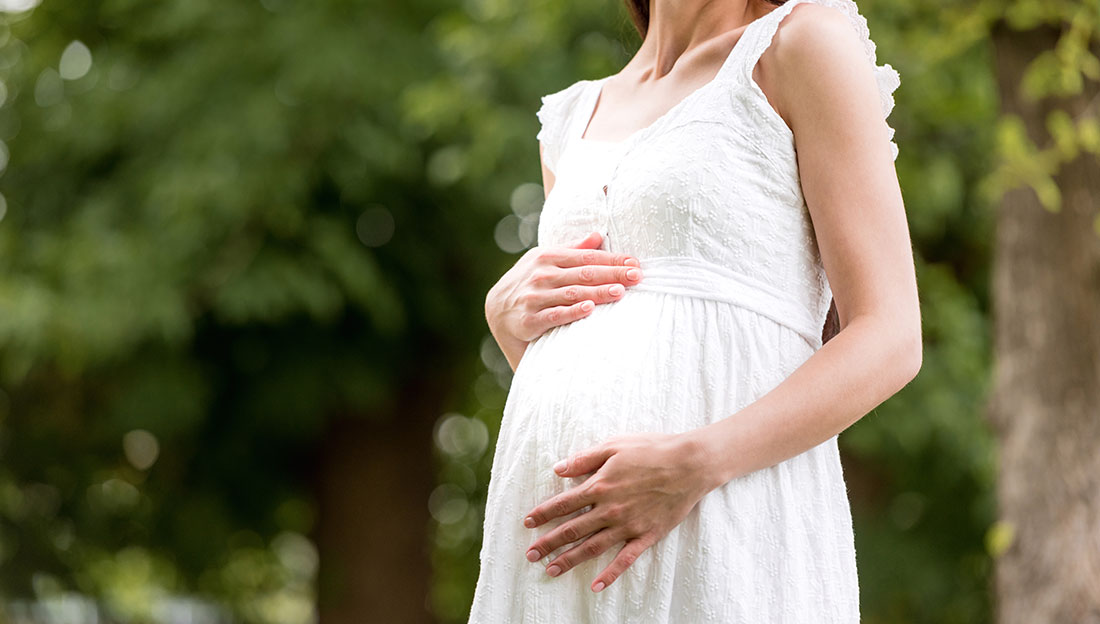
What is Egg Quality?
A female is born with all the eggs that she will ever have, which is estimated to be around 1 – 2 million eggs. By the time a girl reaches puberty, this number has decreased to approximately 400,000 eggs being stored in the ovaries. Of these, only 300 to 400 eggs will be ovulated during a woman’s reproductive lifetime.
Healthy eggs are vital for regular menstrual cycles, fertility and the ability to conceive. The quality of eggs depends on several factors such as age, genetics, environmental exposure and stress. Furthermore, egg quality is important to increase the probability of embryo implantation. Embryos must be strong enough to survive the early stages of development in a successful pregnancy. Thus, egg quality is crucial in the success of being able to conceive.
What are the Risk Factors?
There are a few factors that can negatively affect your egg quality, such as:
- Age (women over 40)
- Endometriosis
- Smoking
- Cancer treatment
- Genetic conditions such as Turner Syndrome and Fragile X mutation
- High-stress levels
- Hormonal imbalance
How to Improve Egg Quality?
When it comes to improving egg quality, there is a target window of opportunity. It takes close to 100 days for the cycle of an egg in preparation for ovulation. Hence, it is important to adhere to any diet and lifestyle changes for at least 3 months to observe any benefits. Here are several ways to improve your egg quality:
1. Maintain a healthy lifestyle
Everything that you do can affect the quality of eggs thus it is important to keep your body as healthy as possible. As an example, adequate sleep is essential in promoting fertility. Lack of sleep affects the hypothalamic-pituitary axis which may influence reproductive hormones, interfere with normal follicular development, affect menstruation and fertility. Besides that, exercises such as yoga, Pilates, light jogging or strength training can benefit women who try to conceive.
2. Take your supplements and vitamins
An example of a supplement that has been studied and recommended to improve fertility is antioxidant Coenzyme Q10 (CoQ10), Antioxidants reduce free radical damage and decrease the effects of aging in the ovaries. Besides that, prenatal multivitamins ensure adequate nutrients your body needs to facilitate healthy egg development. Some other examples of supplements include folic acid, vitamins A and E which improve the mitochondrial function of eggs, the energy source that helps with DNA replication.

3. Adopt a sustainable fertility diet
A well-balanced diet can boost your body’s overall function, including your eggs. For instance, indulge in vitamin-packed foods such as leafy greens and antioxidant-filled fruits like blueberries. Besides that, aim to avoid foods that can negatively impact egg quality such as processed foods, trans fats and sugar-loaded diets.
4. Develop resilience to stress
Stress itself does not cause infertility. Nevertheless, it can be an environmental factor that affects the quality of eggs and cause them to not perform at their optimum level. Stress cannot be avoided in life but it is important to look at your lifestyle and figure out how to manage it.
5. Avoid smoking and alcohol
Alcohol has been linked to lower pregnancy rates thus you should not consume alcohol when trying to conceive. Besides that, it is wise to quit smoking as nicotine is toxic to eggs. Studies have shown that women who smoke actually reach menopause 2-4 years earlier reducing your reproductive window, making it even harder to get pregnant.
6. Try acupuncture
Studies on acupuncture for infertility are not exactly conclusive but acupuncture has been shown to increase pregnancy rates in women undergoing in-vitro fertilisation (IVF). Acupuncture is a traditional Chinese medicine practice that involves placing thin needles in certain areas of the body. It is thought to help the body to heal itself as well as calm the nervous system. Some fertility doctors recommend acupuncture to help reduce overall stress levels, as stress hormones can lower fertility hormones. Having said that, make sure you have consulted a physician for medical evaluation as there are certain conditions that cannot be helped by acupuncture such as blocked fallopian tubes.

Conclusion
All in all, poor egg quality does not necessarily mean that you cannot get pregnant. Most of the time, the eggs do not have what it takes to turn into a normal pregnancy, making it harder to conceive. Hence it is important to consult a Fertility expert early to monitor and assess egg quality instead of losing precious time. Your fertility doctor can conduct tests to provide an accurate picture, answer your questions so that you may make informed decisions going forward.
Beyond these simple tips, it is also important to consult a medical professional for further pregnancy concerns.